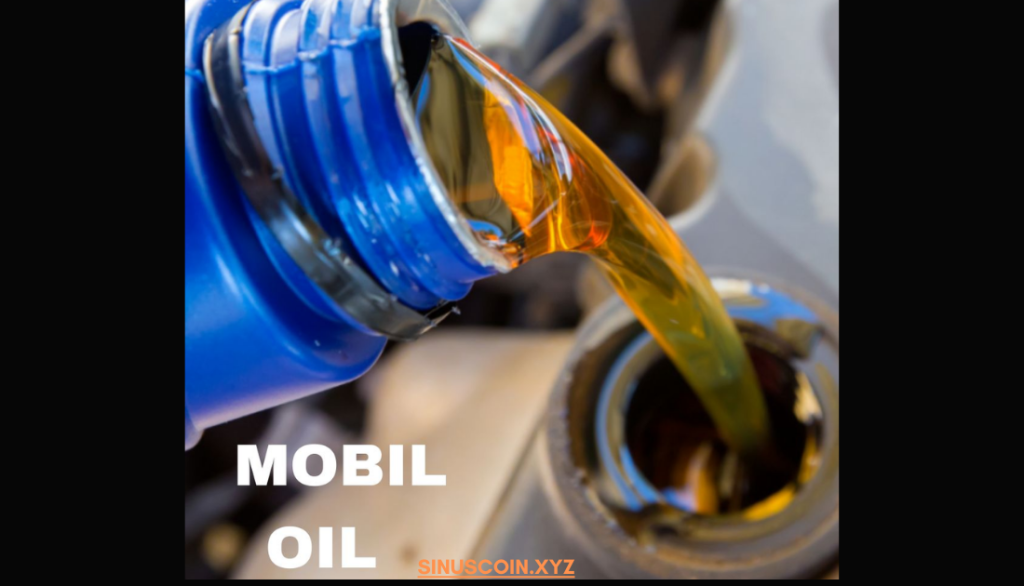Blog
Synthetic Oil for Extreme Conditions: The Ultimate Protection for Your Engine
In the world of automotive maintenance, choosing the right engine oil is crucial for the longevity and performance of your vehicle. For those who frequently drive in extreme conditions, such as extreme temperatures, heavy loads, or challenging terrains, synthetic oil offers distinct advantages. In this article, we will explore the benefits of synthetic oil in extreme conditions, how it differs from conventional oil, and why it might be the best choice for your engine.
Understanding Synthetic Oil
Synthetic oil is a man-made lubricant created through a chemical process. Unlike conventional oils, which are derived from crude oil, synthetic oils are engineered to provide superior performance under demanding conditions. The primary components of synthetic oil are synthesized base oils and performance additives. These elements work together to enhance the oil’s properties, making it ideal for high-stress environments.
Why Choose Synthetic Oil for Extreme Conditions?
- Improved Temperature Stability
One of the standout features of synthetic oil is its ability to perform well in extreme temperatures. When driving in frigid weather, conventional oils can thicken, leading to sluggish performance and reduced engine protection. Conversely, synthetic oils maintain their viscosity, ensuring smooth engine operation even in sub-zero temperatures. Similarly, in scorching heat, synthetic oils resist breakdown, providing consistent protection and reducing wear. - Enhanced Engine Protection
Synthetic oil provides superior protection against engine wear and tear. Its advanced formulation contains additives that form a protective barrier on engine components, reducing friction and preventing metal-to-metal contact. This is particularly important during extreme driving conditions, where engines face increased stress from heat, pressure, and contaminants. As a result, synthetic oil can help extend the life of your engine, saving you money on costly repairs. - Better Fuel Efficiency
Using synthetic oil can improve your vehicle’s fuel efficiency. Because it reduces friction within the engine, synthetic oil allows your engine to operate more smoothly, requiring less energy to perform. This efficiency can be especially beneficial when driving in extreme conditions, where engines often work harder than usual. Over time, this can lead to significant fuel savings, making synthetic oil a cost-effective choice. - Resistance to Oxidation and Sludge Formation
Under extreme conditions, conventional oils can oxidize and break down, leading to sludge formation that clogs engine components. Synthetic oils are engineered to resist oxidation, maintaining their integrity and preventing sludge build-up. This property is particularly vital for drivers who frequently engage in stop-and-go driving or who operate their vehicles in hot climates, where oil breakdown can occur more rapidly.
Choosing the Right Synthetic Oil
When selecting synthetic oil for extreme conditions, consider the following factors:
- Viscosity Rating
Viscosity refers to the thickness of the oil and its ability to flow at different temperatures. It’s crucial to choose the right viscosity rating for your vehicle and driving conditions. For example, a multi-viscosity oil, such as 5W-30, provides better protection during both cold starts and high-temperature operation. Always consult your vehicle’s owner manual for the manufacturer’s recommendations. - Additive Package
Different synthetic oils come with various additives designed to enhance performance. Look for oils with additives that improve oxidation stability, detergency, and anti-wear properties. A robust additive package can significantly enhance the oil’s performance in extreme conditions. - Manufacturer Specifications
Ensure that the synthetic oil you choose meets the specifications set by your vehicle’s manufacturer. Many manufacturers have specific requirements for oil performance, and using oil that meets these standards is crucial for maintaining your warranty and ensuring optimal performance.

Common Myths About Synthetic Oil
Despite its advantages, several myths about synthetic oil persist. Let’s debunk a few common misconceptions:
- Synthetic Oil Is Only for High-Performance Vehicles
While high-performance cars benefit significantly from synthetic oil, it is suitable for all types of vehicles, including daily drivers and older models. Synthetic oil provides excellent protection for any engine, especially under extreme conditions. - Synthetic Oil Causes Engine Seals to Leak
Another misconception is that synthetic oil can cause engine seals to deteriorate and leak. In reality, synthetic oils are designed to be compatible with all engine types and will not cause leaks if your engine is in good condition. - You Can’t Mix Synthetic Oil with Conventional Oil
While it is technically possible to mix synthetic and conventional oils, it’s not recommended. Mixing can dilute the benefits of synthetic oil and compromise its performance. If you switch to synthetic oil, it’s best to do a complete oil change to maximize its advantages.
Maintenance Tips for Extreme Conditions
If you frequently drive in extreme conditions, consider the following maintenance tips to enhance your vehicle’s performance:
- Regular Oil Changes
Even synthetic oil breaks down over time, especially under extreme conditions. Follow your manufacturer’s recommended oil change intervals and consider changing the oil more frequently if you drive in harsh environments. - Monitor Oil Levels
Check your oil levels regularly, especially if you notice any changes in engine performance. Low oil levels can lead to inadequate lubrication, increasing the risk of engine damage. - Keep Your Engine Clean
A clean engine runs more efficiently. Regularly check and replace your engine air filter to ensure proper airflow and improve combustion. Additionally, using a fuel system cleaner can help remove deposits and improve engine performance. - Watch for Warning Signs
Pay attention to any warning lights on your dashboard. If the oil pressure light illuminates or if you hear unusual noises from the engine, it’s essential to have your vehicle checked immediately.
Conclusion
In summary, using synthetic oil in extreme conditions provides unmatched protection, performance, and efficiency for your engine. Its ability to withstand temperature extremes, reduce wear, and improve fuel efficiency makes it the ideal choice for drivers who demand the best from their vehicles. By selecting the right synthetic oil and following proper maintenance practices, you can ensure that your engine remains in peak condition, regardless of the challenges you face on the road. Don’t compromise on quality; invest in synthetic oil and experience the difference it makes in your vehicle’s performance.

